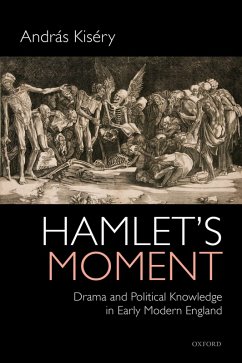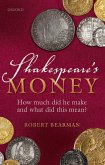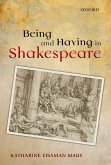Hamlet's Moment identifies a turning point in the history of English drama and early modern political culture: the moment when the business of politics became a matter of dramatic representation. Drama turned from open, military conflict to diplomacy and court policy, from the public contestation of power to the technologies of government. Tragedies of state turned into tragedies of state servants, inviting the public to consider politics as a profession-to imagine what it meant to have a political career. By staging intelligence derived from diplomatic sources, and by inflecting the action and discourse of their plays with a Machiavellian style of political analysis, playwrights such as Shakespeare, Jonson, Chapman, and Marston transformed political knowledge into a more broadly useful type of cultural capital, something even people without political agency could deploy in conversation and use in claiming social distinction. In Hamlet's moment, the public stage created the political competence that enabled the rise of the modern public sphere.
Dieser Download kann aus rechtlichen Gründen nur mit Rechnungsadresse in A, B, BG, CY, CZ, D, DK, EW, E, FIN, F, GR, HR, H, IRL, I, LT, L, LR, M, NL, PL, P, R, S, SLO, SK ausgeliefert werden.









